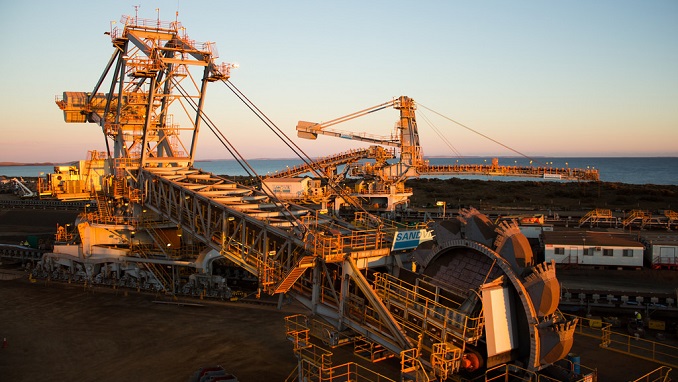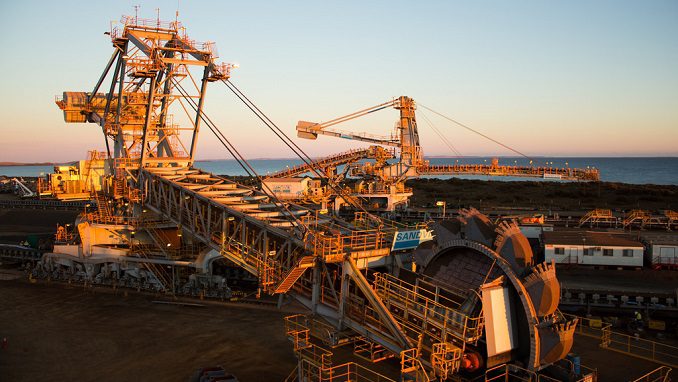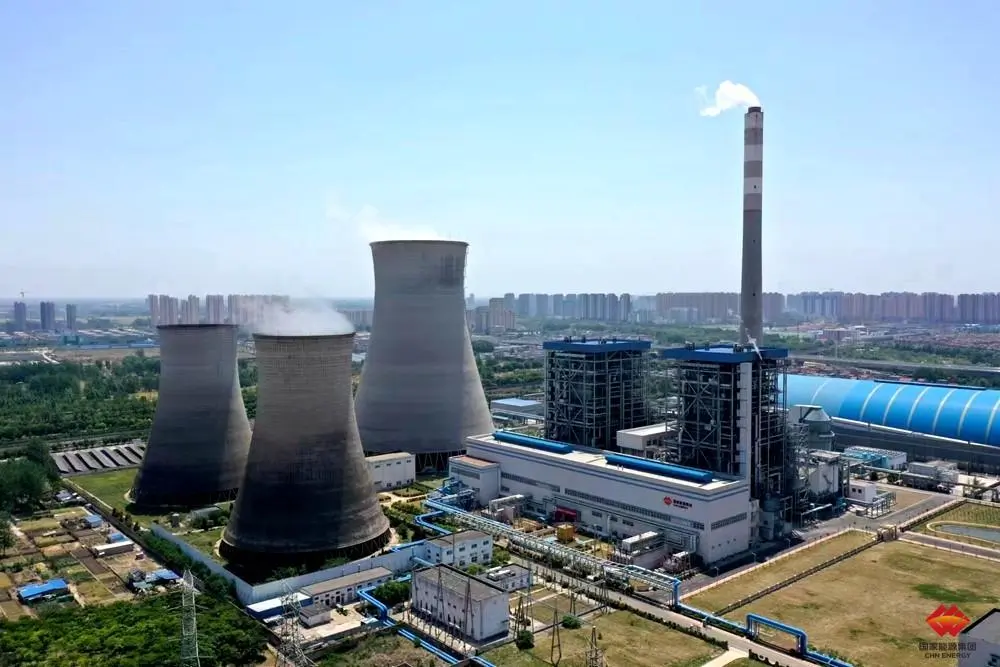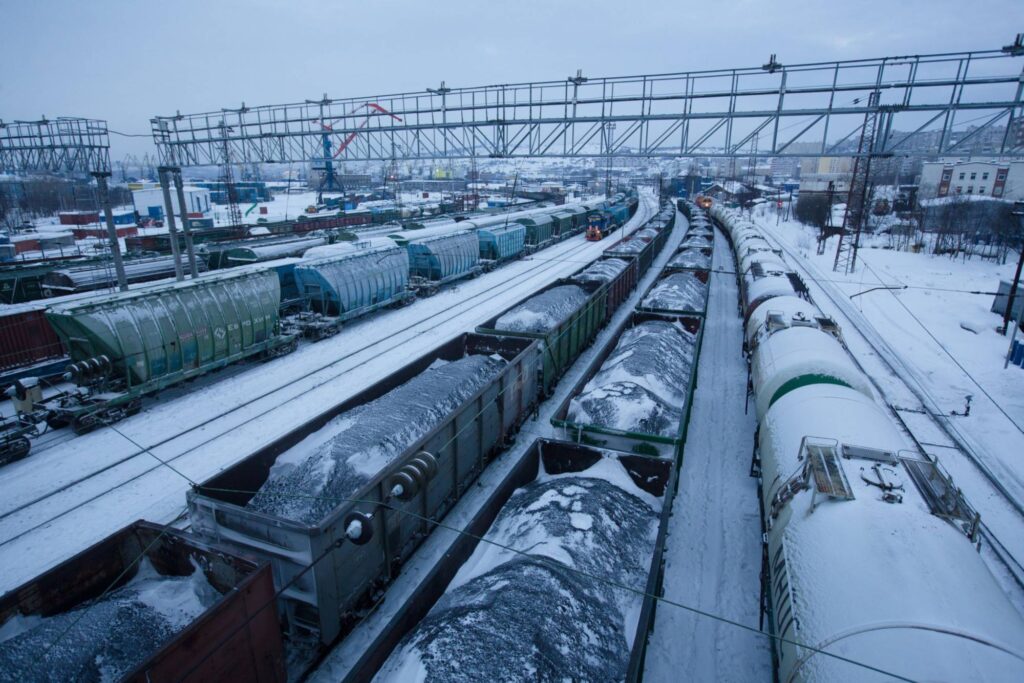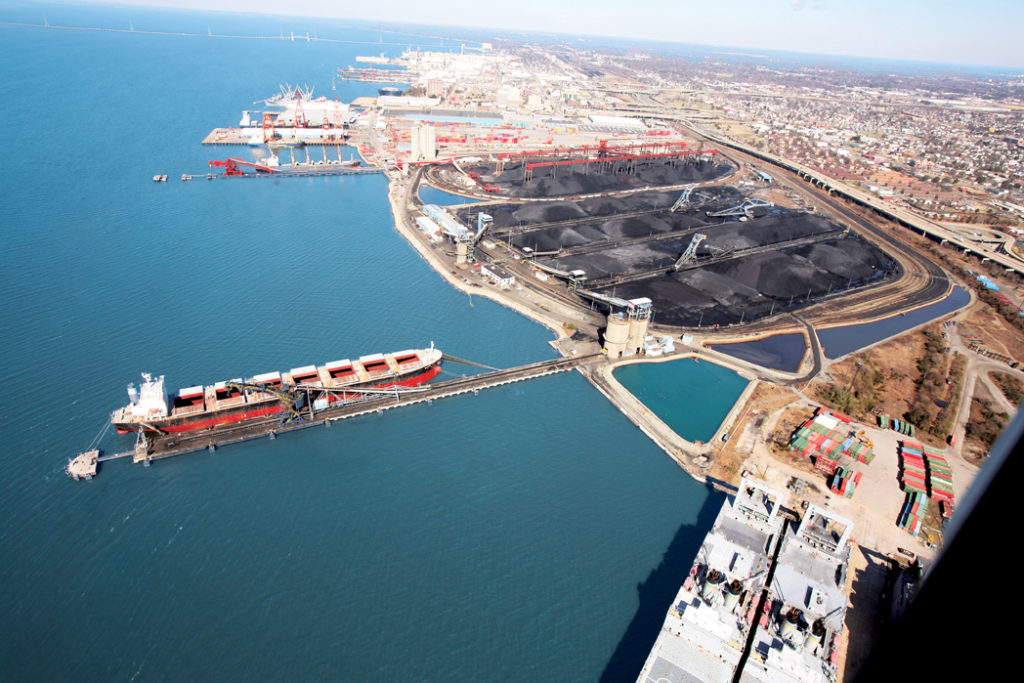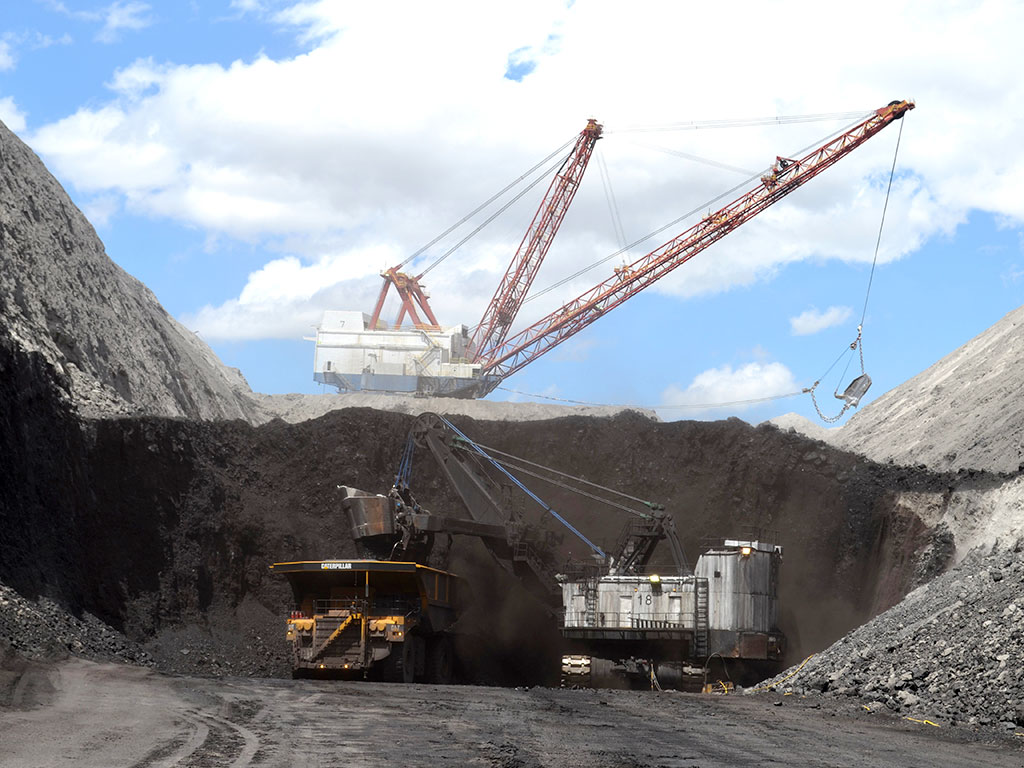The Pacific basin’s leading thermal coal index jumped to its highest levels in almost three months this week owing to logistical constraints in the wake of a recent Australian train derailment.
Global Coal’s Newcastle index rose USD 21.51 in the week through to Wednesday to settle at USD 159.26/t. On Monday it touched USD 166.44/t, its strongest level since 19 September. It is now fetching around USD 50 more than front-month delivery to northwestern Europe on the Ice Exchange. Supply tightness was the main source of support, said analyst Toby Hassall of LSEG in Singapore, after a coal train derailed near Newcastle last week, triggering a bushfire that lasted into the weekend. This follows a separate two-day blockade of the port by climate protesters last week.
“Transport of coal from three large mines in the region has been disrupted,” said Hassall.
“We believe rail services to Ulan (Glencore), Moorlaben (Yancoal), and Wilpinjong (Peabody) have remained suspended since the incident and will not resume until Sunday 17 December, which would be a 10-day disruption.”
LSEG estimates the cumulative impact of the disruption to amount to a shortfall of 1m tonnes of supply for the seaborne market, based on these mines’ cumulative capacity of 37m tonnes per year.
“The recovery of affected rollingstock and repairs to the rail line have been complicated by the fire that followed the derailment, and by safety matters relating to the site’s proximity to National Park-designated forests,” Hassall said.
Jitters on the curve
Two 25,000t physical transactions transpired this week, one for January and the other for February delivery. The latter fetched USD 172.50/t, a level not seen since early May. Weekly Newcastle coal exports rose to 3.5m tonnes last week, up from 3.4m tonnes the prior week and 17% above a rolling average for the past four weeks, according to Kpler ship-tracking data.
Demand amongst Australia’s main customers for high calorific coal in northeast Asia has been muted, said Hassall. Japan, South Korea and Taiwan are on track to see their imports of Australian coal rise 1.9m tonnes from the prior month to 10.9m tonnes in December, according to Kpler. That is, however, down 4% on last December’s volumes.
“We expect coal consumption in these markets will weaken over the early stages of 2024,” Hassall added.
Ample stockpiles in the world’s biggest coal consumer were likely to temper its imports ahead, said ANZ bank in a commodities note on Thursday. Chinese coal imports surged 21% over the previous month to 43.5m tonnes in November, customs data showed last week. So far this year, volumes have risen 63% above 2022 levels amid cheaper international prices relative to domestic production. Commodity data group SunSirs last assessed spot Chinese thermal coal prices 2% higher on the week at CNY 952.50/t (USD 134.40/t).

